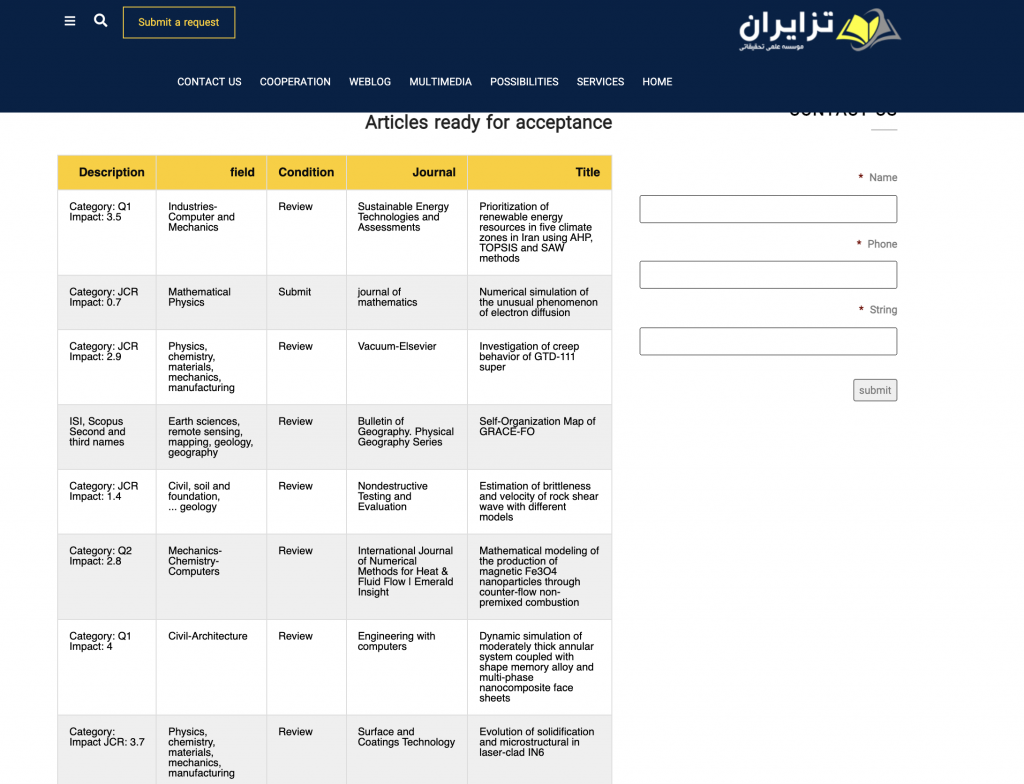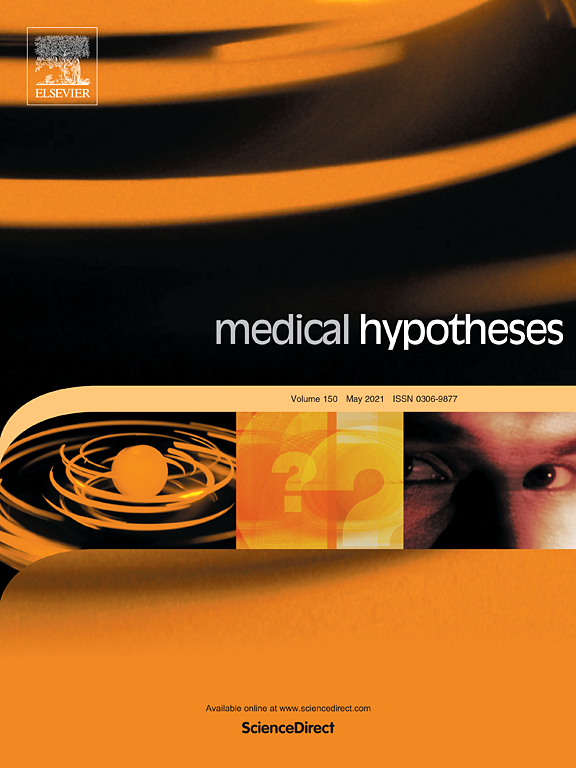
Since March of last year, Elsevier has pulled around 60 papers connected to companies in the Caucasus region that don’t seem to exist. The retraction notices attribute the decision to suspicious changes in authorship and the authors being unable to verify the existence of their employers. Online sleuths have also flagged potentially manipulated citations among the articles.
Each of the retracted papers appears to follow an identical pattern, based on the details given in the retraction notices. First, a solo author submits a paper and claims to be affiliated with a company that doesn’t appear in any business registries. During the revision process, the author adds several other authors to the paper — including new first and corresponding authors, despite no clear contribution to the original work. This behavior is typical of paper mills and authorship-for-sale schemes.
When asked by the editors, the original authors are unable to explain why they added the additional authors, nor validate the “nature” or “existence” of the companies they were claiming an affiliation with, according to the retraction notices.
Continue reading Dozens of Elsevier papers retracted over fake companies and suspicious authorship changes







